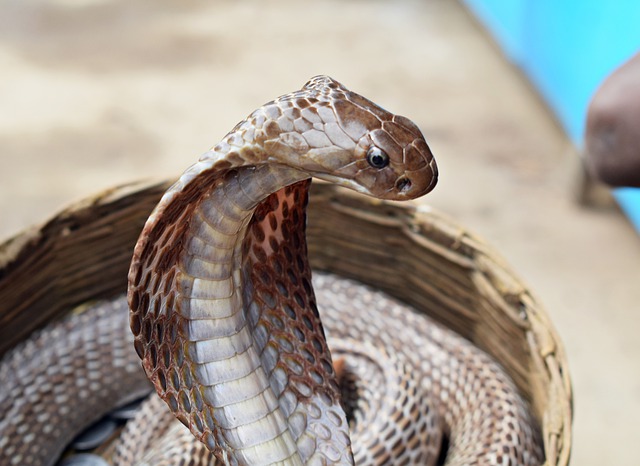
In Antiquity, it is said that there were terrifying winged serpents in Arabia. These animals, which some would consider legendary, were able to fly and travel long distances.
The famous Greek historian, Herodotus (who lived in the 5th century with JC), recounts in his writings that he had traveled to Arabia to conduct research on these famous winged monsters. He says he saw many bones of these legendary creatures.
Here is the historian's account:
“There is a region moreover in Arabia, situated nearly over against the city of Buto, to which place I came to inquire about the winged serpents: and when I came thither I saw bones of serpents and spines in quantity so great that it is impossible to make report of the number, and there were heaps of spines, some heaps large and others less large and others smaller still than these, and these heaps were many in number.
The region in which the spines are scattered upon the ground is of the nature of an entrance from a narrow mountain pass to a great plain, which plain adjoins the plain of Egypt; and the story goes that at the beginning of spring winged serpents from Arabia fly towards Egypt, and the birds called ibises meet them at the entrance of this country and do not suffer the serpents to go by but kill them. On account of this deed it is, say the Arabians, that the ibis has come to be greatly honored by the Egyptians, and the Egyptians also agree that it is for this reason that they honor these birds. As for the serpent its form is like that of the watersnake; and it has wings not feathered but most nearly resembling the wings of the bat. Let so much suffice as has been said now concerning sacred animals.
Again, Arabia is the most distant to the south of all inhabited countries: and this is the only country which produces frankincense and myrrh and casia and cinnamon and gum-mastich. All these except myrrh are difficult for the Arabians to get. They gather frankincense by burning that storax which Phoinikes (Phoenicians) carry to Hellas; they burn this and so get the frankincense; for the spice-bearing trees are guarded by small Winged Snakes of varied color, many around each tree; these are the snakes that attack Aigyptos (Egypt). Nothing except the smoke of storax will drive them away from the trees . . .So too if the vipers and the Winged Serpents of Arabia were born in the natural manner of serpents life would be impossible for men; but as it is, when they copulate, while the male is in the act of procreation and as soon as he has ejaculated his seed, the female seizes him by the neck, and does not let go until she has bitten through. The male dies in the way described, but the female suffers in return for the male the following punishment: avenging their father, the young while they are still within the womb gnaw at their mother and eating through her bowels thus make their way out. Other snakes, that do no harm to men, lay eggs and hatch out a vast number of young. The Arabian Winged Serpents do indeed seem to be numerous; but that is because (although there are vipers in every land) these are all in Arabia and are found nowhere else. The Arabians get frankincense in the foregoing way.”
balouriarajesh, Pixabay, https://pixabay.com/fr/photos/cobra-serpent-reptile-animal-faune-4572146/


0 comments: